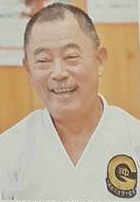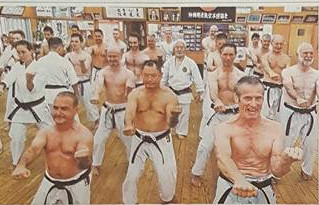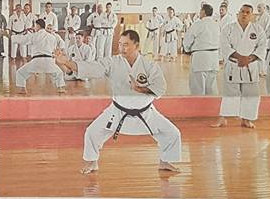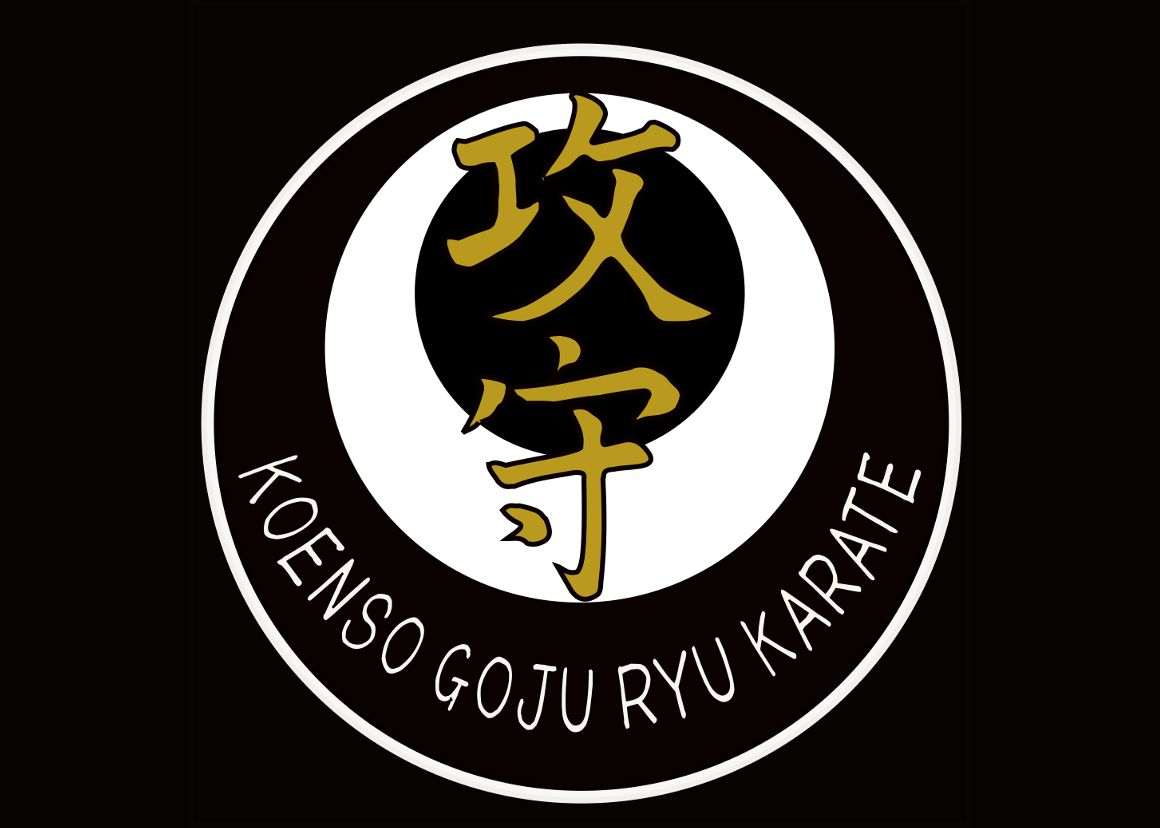Focus on passing on tradition

Okinawa Goju Ryu Karate-do Kyokai (OGKK), European branch director Ryoichi Onaga sensei (69) Born on 5th February 1948 in Naha city, Okinawa. Goju Hanshi (藩士)9th dan, the director of the European headquarter of OGKK. He trains 120 pupils in Murcia, Spain. He has one son and one daughter with his wife Victoria.
Teaching with passion in Spain for 44 years
‘Don’t be satisfied with yourself, never be arrogant’. Sensei Ryoichi Onaga has kept his teacher, sensei Eiichi Miyazato (1922-99)’ s words all the time in his mind. Onaga sensei went to Spain when he was 24 years old to promote Goju ryu karate. Nowadays, more than 10,000 people learn traditional karate in 14 European countries.
It has been 44 years since he has left Japan. He has always kept his teacher’s words in his mind ‘Learn with modesty, be creative and seek for improvement’. He works hard to share these lessons and to spread traditional goju ryu karate in Spain and beyond.
Onaga sensei joined master Miyazato’s jundokan dojo after his high-school education. The first day in jundokan was physically incredibly tough. Onaga sensei was shocked by the hard training but it motivated him. Since then he never missed a training and worked everyday.
Onaga sensei said that karate was popular at that time. The OGKK commissioned the 24 years old Onaga sensei to promote goju ryu internationally. At that time his employer promised to keep his position for two years to support his karate mission to Europe. Although his parents were against the idea, he managed to convince them with the condition to come back after two years. He left for Spain with only an air ticket and a little money. He looks back at that time and says ‘it should have been two years, but it has become 44 years’.

Today, Onaga sensei owns his dojo and teaches 120 pupils. However, it was not easy in the beginning. There was no dojo available and he had to borrow a sport hall. He had only 7 or 8 pupils the first year, there were a lot of other challenges. He spoke little Spanish. Some pupils could not understand well or did not respect tradition, which was important in karate maybe because of the cultural differences. He experienced a rather hard time.
Nevertheless, thanks to his endurance and continuous efforts, the number of pupils increased to 40-50 in the 2nd year and he already managed daily Spanish language in the third year. He worked as a security guard for a bank during day time, following his master’s word ‘don’t be a karate professional’. He retired with an early retirement scheme when he was 52 years old. Since then he has focused on karate and visited many European countries to teach with passion and to promote traditional goju ryu.
In 1992, Miyazato sensei visited Spain and he told Onaga sensei that he did a great job there. Miyazaki sensei said ‘goju ryu in Spain is real.’ Onaga sensei was absolutely happy to hear his sensei's words.
Onaga sensei never forgot Miyazato sensei who succeeded to Chojun Miyagi sensei (1888-1953), the founder of goju ryu. Onaga sensei goes back to Okinawa occasionally in order to check his kata (forms) if they follow Miyagi’s original way. Onaga sensei says ‘ I want to hand Miyagi’s heritage and the origin of goju down to posterity’.
Teruya sensei (76), the president of OGKK acknowledges that, by saying that Onaga is sincere and that he takes care of his pupils very well. Teruya sensei says ‘it is not easy to run your own dojo abroad. It means his work and dojo are acknowledged and supported by local people and communities.’
One of his disciples Diego Huesca (47) has trained karate for 36 years with Onaga sensei, since he was a child. Diego respects Onaga sensei as a second father. He is thankful to Onaga sensei because he could learn something critical in his life: to be patient and also the importance of respecting others.
Another disciple Jesus Mengual (53) says, 'traditional Karate has universality, to which I am attracted through out my 40 years training'.
Onaga sensei modestly says, ‘ I am immature. Karate is not a performance to show someone, karate is about your own training. I want to train myself and teach the origin of goju ryu, the basics and kata.’
(translation Satoko Kishimoto/Philippe Moreau)

